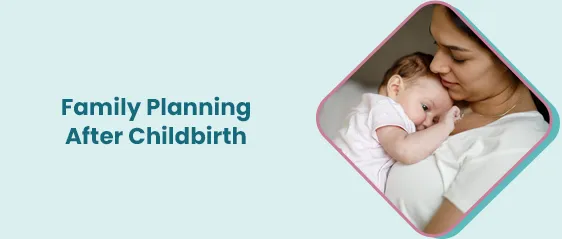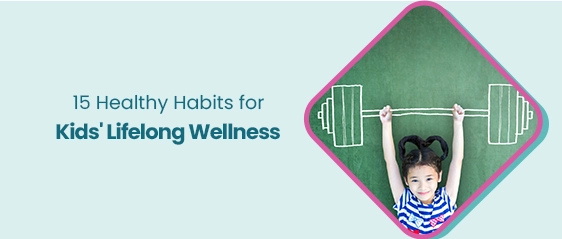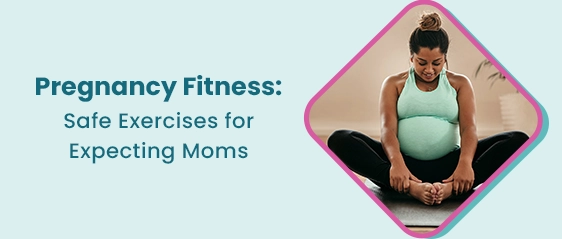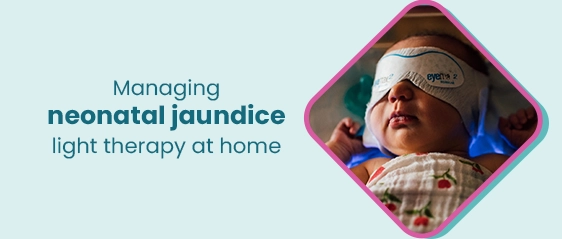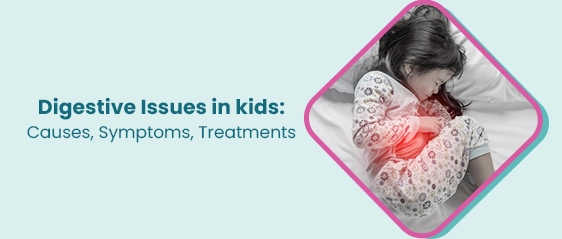When is the best time to do family planning after delivery
- 14 Aug 2023
Many new parents likely think about family planning after having a baby. It's a big decision that can greatly affect the health and happiness of the mother and the whole family. So, when is the right time to start planning for another child after giving birth? Let's explore this question.
What is Family Planning?
Family planning is about deciding when to have another baby. It's also about choosing ways to prevent pregnancy and thinking about money and feelings to make sure the time is right.
Why Timing Matters
When you have another baby can affect everyone's health and how brothers and sisters get along. Having babies too close together can be hard on a mom's body and the new baby.
Waiting is Often Wise
Most doctors say it's good for moms to wait at least 18 to 24 months after having a baby before trying to get pregnant again. This helps a mom's body get strong again and makes sure the new baby is healthy.
Think About Feelings and Money
Before having another baby, think about whether you feel ready and if you have enough money to take care of another child.
Ways to Prevent Pregnancy
If you're not ready for another baby, talk to a doctor about ways to make sure you don't get pregnant too soon.
Talking to a Doctor Helps
If you're not sure when to have another baby, talking to a doctor can really help. They know all about this stuff and can give you advice that's right for you and your family.
Conclusion
The best time for family planning after delivery is a highly individual matter, influenced by medical, emotional, and financial factors. An optimal decision will often come from a combination of personal reflection and professional guidance. Consulting with a healthcare provider, considering the needs and dynamics of the family, and giving the mother's body adequate time to recover can all contribute to a well-thought-out family planning strategy that best suits the needs of your family.
Frequently asked questions (FAQs)
1. How many days after delivery should I plan my next baby?
When to plan your next baby after having one can depend on many things like your health, how old you are, how you live, and what you want. Most doctors say it's good to wait at least 18 to 24 months after having a baby before trying to have another one. This gives your body time to get strong again and makes sure you have enough of what your body needs, which can help keep you and the new baby healthy.
2. Why do you have to wait 40 days after giving birth?
The 40-day waiting period after giving birth is often recommended to allow the mother's body time to heal and recover. This time helps the uterus return to its normal size, reduces the risk of infection, and allows for any vaginal bleeding to subside. It's a traditional period of rest and recovery, though individual needs and recommendations may vary, so it's wise to consult with a healthcare provider for personalized advice.
3. Is it safe to do family planning after delivery?
Yes, family planning after delivery is generally considered safe and is often encouraged. It helps couples decide when they might want another child and choose appropriate birth control methods if they wish to space out pregnancies. Consulting with a healthcare provider can ensure that the chosen approach aligns with the family's health and individual circumstances.
4. Can I take family planning while breastfeeding?
Yes, you can engage in family planning while breastfeeding. There are various contraceptive methods that are considered safe and effective for nursing mothers. Some hormonal contraceptives, like progestin-only birth control pills, are typically considered suitable for breastfeeding mothers. However, individual circumstances can vary, so it's best to consult with your healthcare provider or a family planning specialist to determine the most appropriate method for you.
5. Is breastfeeding part of family planning?
Yes, breastfeeding can be part of family planning, as it may have a natural contraceptive effect, especially during the first six months postpartum when exclusively breastfeeding. This is known as the Lactational Amenorrhea Method (LAM). However, it's not considered highly reliable by itself, so consulting with a healthcare provider for additional family planning methods may be advised.
6. Does family planning affect baby?
Family planning doesn't directly affect the baby, but it can have positive impacts on the family as a whole. By spacing pregnancies appropriately and planning for children according to the family's readiness in terms of health, finances, and lifestyle, family planning helps ensure that each child is born into a supportive and prepared environment.
7. When should I plan my next pregnancy after C-section?
Planning your next pregnancy after a C-section is a decision that should be made in consultation with your healthcare provider, as individual circumstances can vary widely.
Generally, healthcare professionals recommend waiting at least 18 to 24 months after a C-section before attempting to conceive again. This allows the body sufficient time to heal, particularly the incision in the uterus, and reduces the risk of complications such as uterine rupture.
8. How long do you bleed after C-section?
After having a baby, either by regular birth or C-section, you might bleed for about 4 to 6 weeks. This bleeding, called lochia, usually starts off bright red and thick but slowly becomes lighter in color and amount as time goes on.
9.What is the 6 week rule after giving birth?
The "6-week rule" after having a baby is a common time for a new mom to heal. During these six weeks, the body gets back to how it was before pregnancy, and it's usually good to take it easy and avoid heavy work and sex. Many doctors also like to see new moms around this time to check that everything is healing the way it should.
10. What are natural ways to boost breast milk supply?
The best family planning method after giving birth depends on individual preferences, health, lifestyle, and whether or not you're breastfeeding. Options can include hormonal methods, IUDs, barrier methods, or natural family planning. Consulting with a healthcare provider or family planning specialist is the best way to determine the method that fits your unique needs and circumstances.
11. When is the best time to have kids?
The best time to have kids varies greatly among individuals and couples and depends on factors like personal goals, career considerations, financial stability, health, and relationship status. There's no one-size-fits-all answer, so reflecting on your unique situation and potentially seeking guidance from family, friends, or professionals can help you decide the right timing for you.
